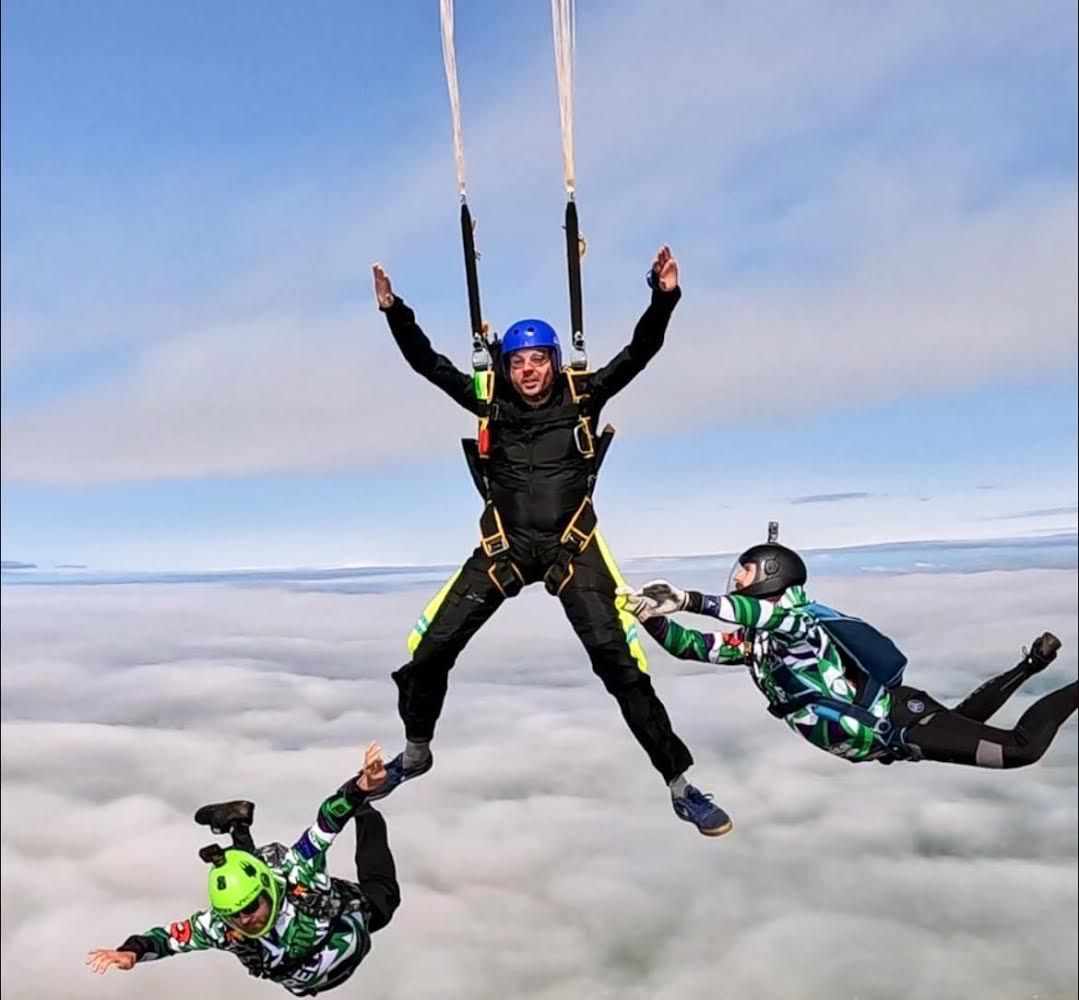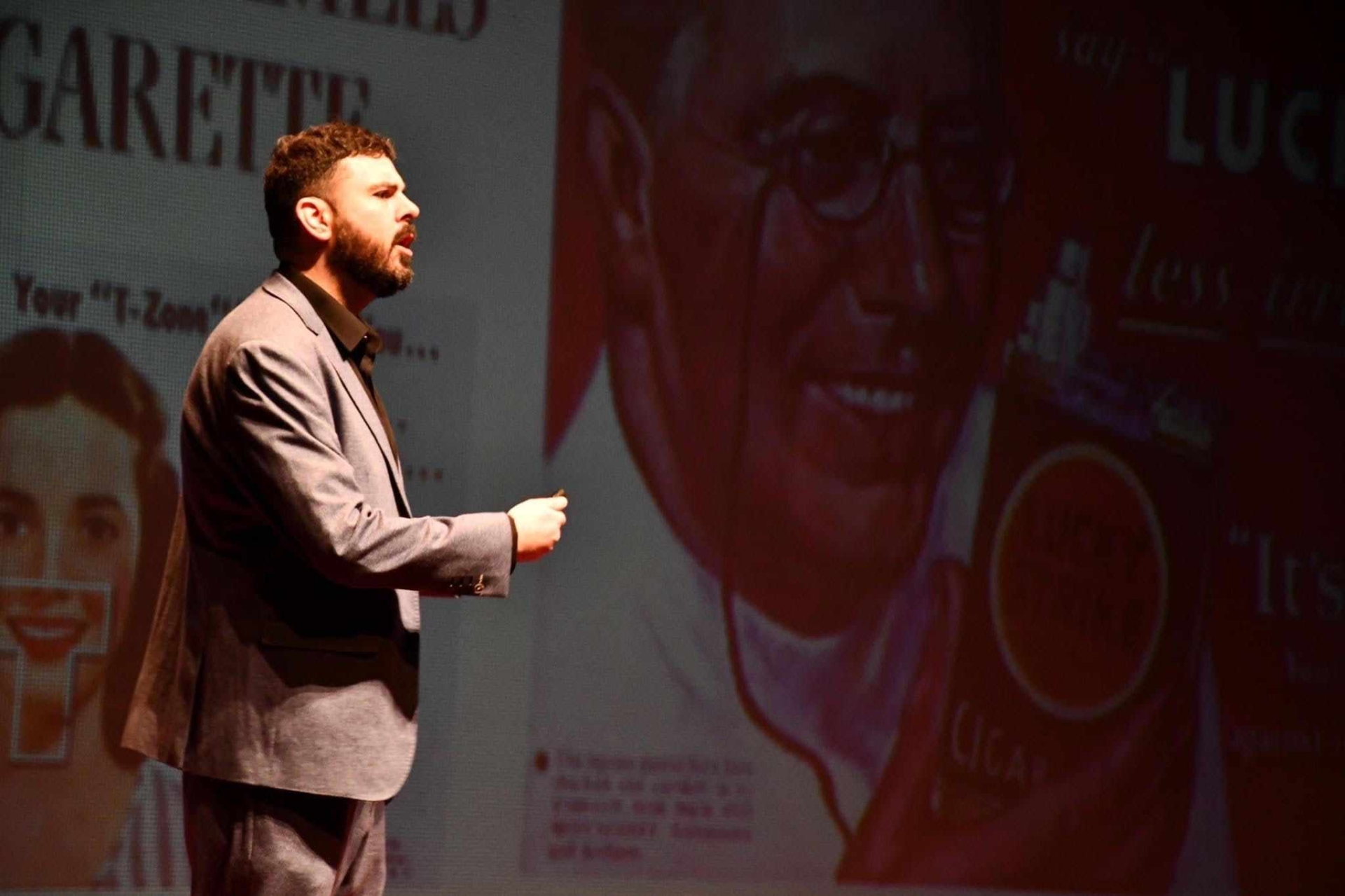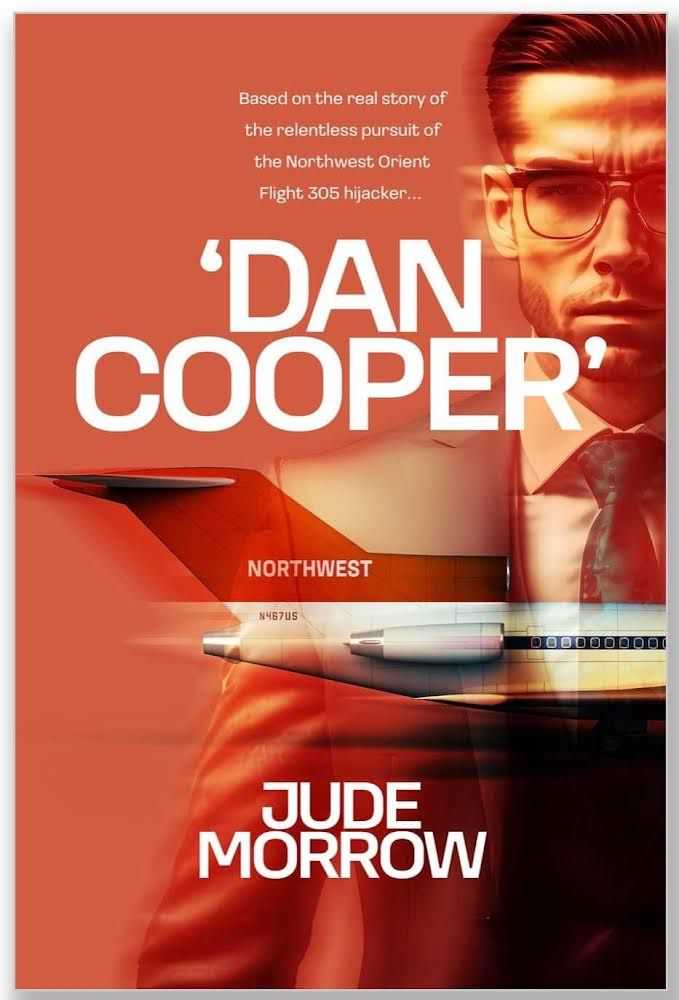
Jude Morrow - regional finalist in InterTradeIreland's Seedcorn competition.
Derry autistic advocate Jude Morrow believes charities perpetuate 'negative' portrayal of autism
A Derry autistic advocate and author has questioned what he described as the “negative portrayal of autistic people perpetuated by autism charities and non-profit organisations”.
Speaking to Derry Now, Jude Morrow, who is himself autistic, said autistic people face huge “unconscious negative bias” as a result.
The author of four books to date, including ‘Loving Your Place on the Spectrum: A Neurodiversity Blueprint’, elaborated: “Typically, where people go when they hear ‘autistic’ is the lack of social skills, the lack of communication skills, difficulty being organised. These are the negatives people go to.
“The biggest challenge we face is unconscious negative bias.
“Whenever people hear ‘autism’ they automatically think, ‘high support needs’ or ‘supported living’. However, some of the kindest, brightest, most innovative minds in the world are autistic: Elon Musk, Albert Einstein, Marie Curie and Jude Morrow,” he laughed self-deprecatingly.
“People’s brains automatically go to that negative place,” added Jude. “Why can’t they go to the positive place? The reason why is because the main perpetuators of the narrative are the non-profit organisations and charities.
“They govern the narrative. They take on a negative, medicalised model because it helps their business model to work.
“This is why Jude Morrow is a threat because autistic people like me aren’t really allowed to live happy and successful lives.”
In fact, Jude said this year has been one of the best of his life.
“I also run a business called Neurodiversity Training International. We provide autism and neurodiversity training and development programmes all over the world, in every continent.
“Say you’re Google or IBM or Baker Hughes or Chevron or the South Pole Research Station and you are thinking, ‘Gosh, we have an awful lot of autistic ADHD staff members in our employ, how can we include them? How can we make them feel a sense of belonging working for us?’ I am the guy they contact to get that culture into their organisation.
“We also provide inclusive recruitment, which involves meeting with the staff, talking to them, getting their perceptions, finding out what their challenges are and being that bridge between them and HR. We also employ the same model in schools.
“The programmes and training we deliver within companies, schools and universities, differs from person to person. It differs from organisation to organisation, depending on what their learning needs are. Our ethos is, ‘We don’t need to change, your attitude towards us does’. That’s the way we work, which is why it is so different.”
Jude said autism charities and non-profit organisations “do negativity” in order to keep getting donations.

Jude mid skydive.
He added: “I have been working in this field for five years now. I have done two TEDx Talks. I have been featured in a lot of Tier One publications - Forbes, CNN, Sky News - world wide reaching media outlets, yet no-one in Derry has heard of me.
“Where I have started to feel really crestfallen is that I am an autistic person, with an autistic-led business, who last week won the regional championship for Seedcorn, a competition run by InterTradeIreland.
“This was not a like and share vote for us vanity competition. It was an honour that was bestowed on us by our peers, yet not one autism charity said, ‘You know what, Jude, well done’. Not a single one.
“This is because I am a brand of autism that certain organisations don’t want the public to see. I am living my life authentically. I am empowering people to live their lives authentically. I am showing that being autistic can be a gift and a passion and a strength. It is part of our identity rather than a disorder. We are not a broken version of normal that needs to be taught at school to fit in with mainstream society.”
A social worker for eight years before he established Neurodiversity Training International, Jude was born in Westland Avenue before his family moved to the Waterside.
He vividly recalled being among the first wave of autistic children to go through the mainstream school system.

Jude delivering a talk on neurodiversity.
Jude added: “I decided to write a book about my experiences. It was called, ‘Why Does Daddy Always Look So Sad?’ because I am an autistic dad to Ethan, my non-autistic son. I had no expectations of it and it just took off.
“And people were saying to me, ‘Jude, see your story and your book, that really resonated with me’. I took it really badly because I went through what I went through in the 1990s and here were people going through the same thing today.
“There are organisations and bodies that get millions of pounds in taxpayers money and young autistic people are still experiencing the same crap I went through in the 1990s.”
Jude’s mammy is Eimear Sproule, and his daddy is Tony Morrow, from Cromore Gardens in Creggan. He has one sister, Emily.
Smiling Jude said he wasn’t always out and loud and proud about being autistic.
“There was a lot more stigma back about autism back in the day,” he said, “and it still exists.
“I grew up thinking,’ Why am I different?’ School was tough. I wasn’t quite like everybody else. I didn’t have a big group of friends. I was not the popular kid. I think I wasn’t really understood by many people - teachers and fellow pupils - but then that was the early 2000s and autism and being autistic wasn’t really discussed as much as it is today.
“University was very different because I was there with a group of people who all wanted to achieve the same goal and I was studying something I was genuinely interested in.
“I was cursed my whole life with all these social skills training programmes where kids like me have to be taught to be human, basically. It is the most sad and depressing thing and it still happens.
“What there is in schools nowadays, which is promoted by a lot of the autism charities, is ‘positive behavioural support’ and all of these programmes for autistic children, to help them integrate and get higher independence.
“But it is a lie and a con because I have travelled the world and met tens of thousands of fellow autistic people like me at events I have done and I have never, ever had anyone say to me, ‘Jude, I went through social skills training as a child and I thought it was great’. That conversation has never happened.”
Outlining his experience of social skills training, Jude said: “This is what I went through. Let’s say I am the therapist and you are Jude Morrow. He or she would say, ‘Now Jude, the reason why I am doing therapy with you is because you are not quite acceptable the way you are and what you need to do is what I say, to be more acceptable to these children over here who don’t even want to be your friend anyway’.
“Basically autistic children are taught that they are broken and they need to do what the therapist says to fit in with everybody else.

Jude's latest book.
“Let me tell you, I worked in mental health social work for a long time and this social skills training is not really great for the old self esteem.
“It was all well meaning. Everyone wanted what was best for me but ultimately none of it worked. It created more problems than it ever solved.
“I experienced low self esteem. I felt that my voice didn’t matter, that my boundaries didn’t matter, that my comfort zone didn’t matter and I needed to fundamentally do everything that went against my natural state to please everybody else around me at the expense of my own body.”
Subscribe or register today to discover more from DonegalLive.ie
Buy the e-paper of the Donegal Democrat, Donegal People's Press, Donegal Post and Inish Times here for instant access to Donegal's premier news titles.
Keep up with the latest news from Donegal with our daily newsletter featuring the most important stories of the day delivered to your inbox every evening at 5pm.